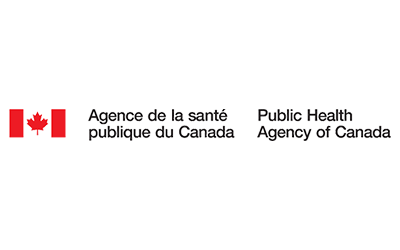A varied and balanced diet is essential for a woman expecting more than one child to ensure optimal weight gain and prevent the risks associated with multiple pregnancy. In addition, nutritional monitoring with a nutritionist is highly recommended.
BALANCED DIET
Greater food intake is necessary for a multiple pregnancy. The needs for energy, protein, vitamins and minerals are obviously higher since there are 2 fetuses (or more) and since they are competing for the nutrients necessary for their development.
The additional needs of women with a multiple pregnancy, twice that for a single pregnancy, represent two additional small meals per day. It is thus recommended to eat every 2-3 hours for the equivalent of at least 3 meals and 3 snacks per day. Choose foods that are protein-rich such as nuts, legumes, peanut butter, meat, milk and eggs. It is especially important to have a varied and balanced diet, based on all groups of Canada’s Food Guide. To view a sample menu, click on the following link (French only).
To learn more as a counsellor on the nutritional needs during multiple pregnancy, see the following article (French only).
WEIGHT GAIN
Weight gain is an indicator to determine if the mother meets her energy needs during pregnancy. If the mother eats enough and prefers food of good nutritional value, fetuses will receive sufficient amounts of essential nutrients. This helps to ensure that fetuses develop optimally and have a good birth weight. Thus, the goal is that the mother has an ideal weight gain in order to prevent a small birth weight. A woman that is pregnant with twins should take from 12 to 19 pounds (5.5 to 8.6 kg) more than in a single pregnancy.
The recommended weight gain depends on the weight of the woman before pregnancy.
| BMI before multiple pregnancy | Total recommended weight gain (kg) | Total recommended weight gain (pounds) |
| 18,5 to 24,9 (normal) | 17-25 | 37-54 |
| 25 to 29,9 (overweight) | 14-23 | 31-50 |
| 30 and over (obesity) | 11-19 | 25-42 |
To calculate the body mass index (BMI), click here.
To learn more as a counsellor on weight gain in a multiple pregnancy, see the following article. (French only)
NUTRITIONAL ASSESSMENT
It is highly recommended for women expecting more than one child to have nutritional monitoring. Furthermore, note that taking a prenatal multivitamin is not sufficient to fulfill the higher need for vitamin and minerals of women with a multiple pregnancy. A nutritionist will advise the mother on diet and supplementation, and will monitor the weight gain.
To learn more as a counsellor on prenatal multivitamin in multiple pregnancy, see the following article. (French only)
A multiple pregnancy is associated with increased risks such as prematurity, low birth weight, iron deficiency (anemia), high blood pressure and gestational diabetes. Some of these risks, particularly low birth weight and anemia, can be prevented through diet and optimal weight gain. To learn more as a counsellor, please see the following article. (French only)






